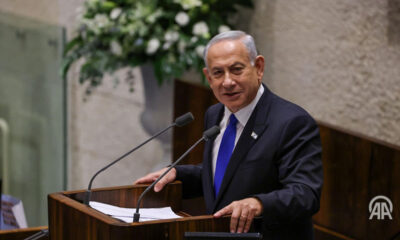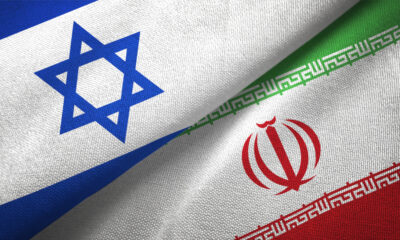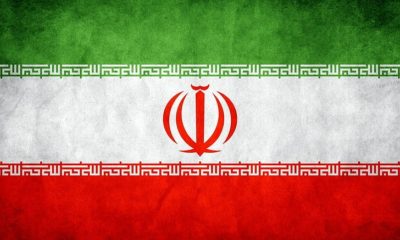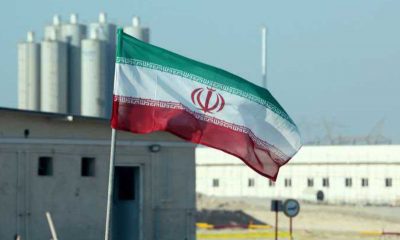News
Ceasefire After the Firestorm: Israel Declares Victory Over Iran in 12-Day War
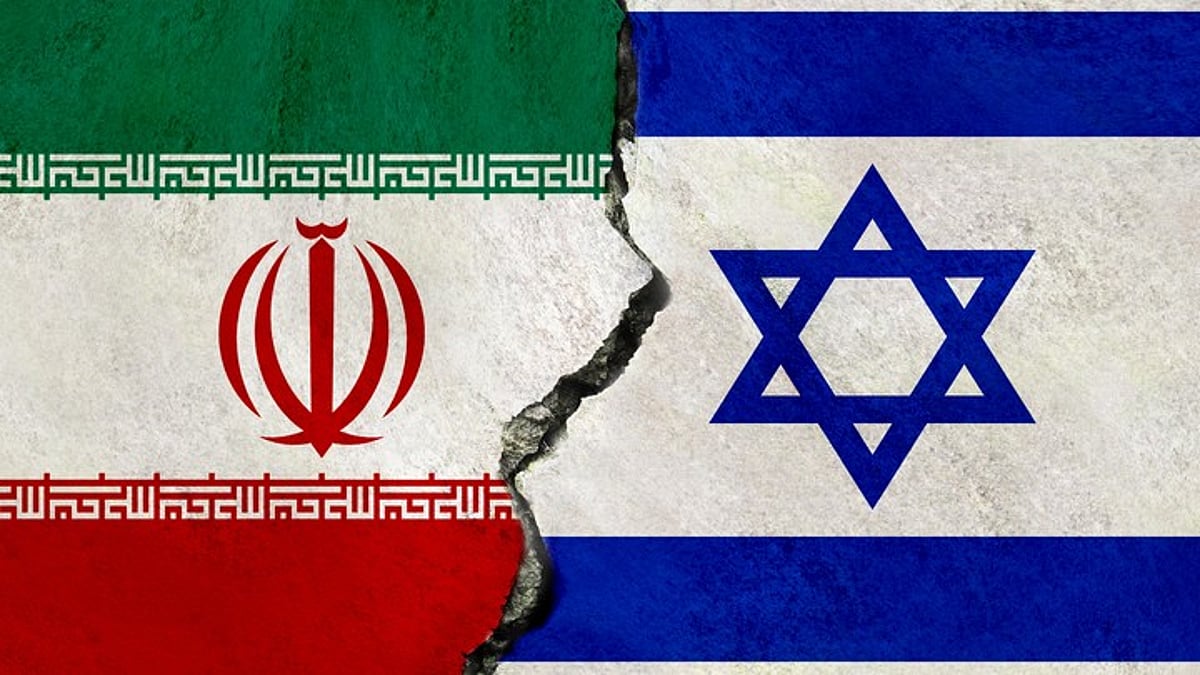
Israel claims it has removed Iran’s nuclear threat and accepted a Trump-brokered ceasefire, but deadly strikes overnight hint at a fragile peace.
After nearly two weeks of soaring tensions and deadly airstrikes, Israel says its military campaign against Iran, dubbed Operation Rising Lion, has met all its objectives. Speaking late Monday, Israeli Prime Minister Benjamin Netanyahu announced a “bilateral ceasefire” had been agreed upon, crediting US President Donald Trump for brokering the truce.
“The threat is neutralised,” said Netanyahu, claiming Israel had eliminated both a nuclear and ballistic missile danger posed by Iran.
A Ceasefire Built on Rubble
But even as the ceasefire was being finalised, tragedy struck in Iran’s Gilan province. Iranian media reported that an overnight Israeli strike killed nine people and left parts of a residential neighbourhood in ruins.
“Four residential buildings were destroyed,” reported Iran’s state-linked Fars News Agency, quoting local official Ali Bagheri. “The blast damaged neighbouring homes and displaced dozens.”
The strike, one of the last before the ceasefire took effect, underscores the deep human cost of the conflict, even as politicians declare diplomatic wins.
Operation ‘Rising Lion’ and Its Fallout
Israel’s government described the 12-day campaign as a preemptive and defensive move, designed to dismantle Iran’s capacity to threaten its existence. The official statement said the operation neutralised an “immediate dual existential threat: nuclear and ballistic.”
The military operation, according to Israeli sources, targeted Iranian military infrastructure, weapons facilities, and suspected nuclear sites. No independent verification of Israel’s claims has been made, and Iran has not officially confirmed the loss of any nuclear capability.
Iranian officials have remained largely silent on the scope of the damage, though regional analysts believe the strikes mark Israel’s most direct and sustained assault on Iranian territory in modern history.
Trump as Peacemaker?
In a surprising diplomatic twist, the ceasefire was reportedly proposed and brokered by US President Donald Trump, who cast it as a major foreign policy success in a televised address.
“Peace through strength works,” Trump said, claiming credit for de-escalating what many feared could spiral into a full-blown regional war. Whether the ceasefire holds will likely define Trump’s role in Middle Eastern diplomacy going forward.
Israel publicly thanked Trump and the US for their role in “removing the Iranian nuclear threat,” suggesting close military coordination between the allies during the campaign.
A Tense Peace with Warnings Attached
Despite the ceasefire, Israeli officials have made it clear: any violation by Iran will be met with “forceful” retaliation.
The language signals just how fragile the truce may be, especially with civilian deaths still fresh and Iranian public outrage rising.
Security experts warn that while the overt conflict may be on pause, covert operations and proxy escalations — particularly in Syria, Lebanon, and the Persian Gulf are likely to continue.
What’s Next?
-
Civilian casualties in Iran could inflame anti-West sentiment and fuel domestic unrest.
-
Iran’s leadership has yet to formally respond to the ceasefire or Israel’s claims of eliminating its nuclear threat.
-
Global markets, already rattled by the uncertainty, are watching closely for signs of sustained calm or renewed conflict.
This may not be the end of the Israel-Iran saga, but rather the end of its latest and most dangerous chapter yet. Whether peace holds or simply pauses, depends on what both sides do next.
{Source: IOL}
Follow Joburg ETC on Facebook, Twitter , TikTok and Instagram
For more News in Johannesburg, visit joburgetc.com

